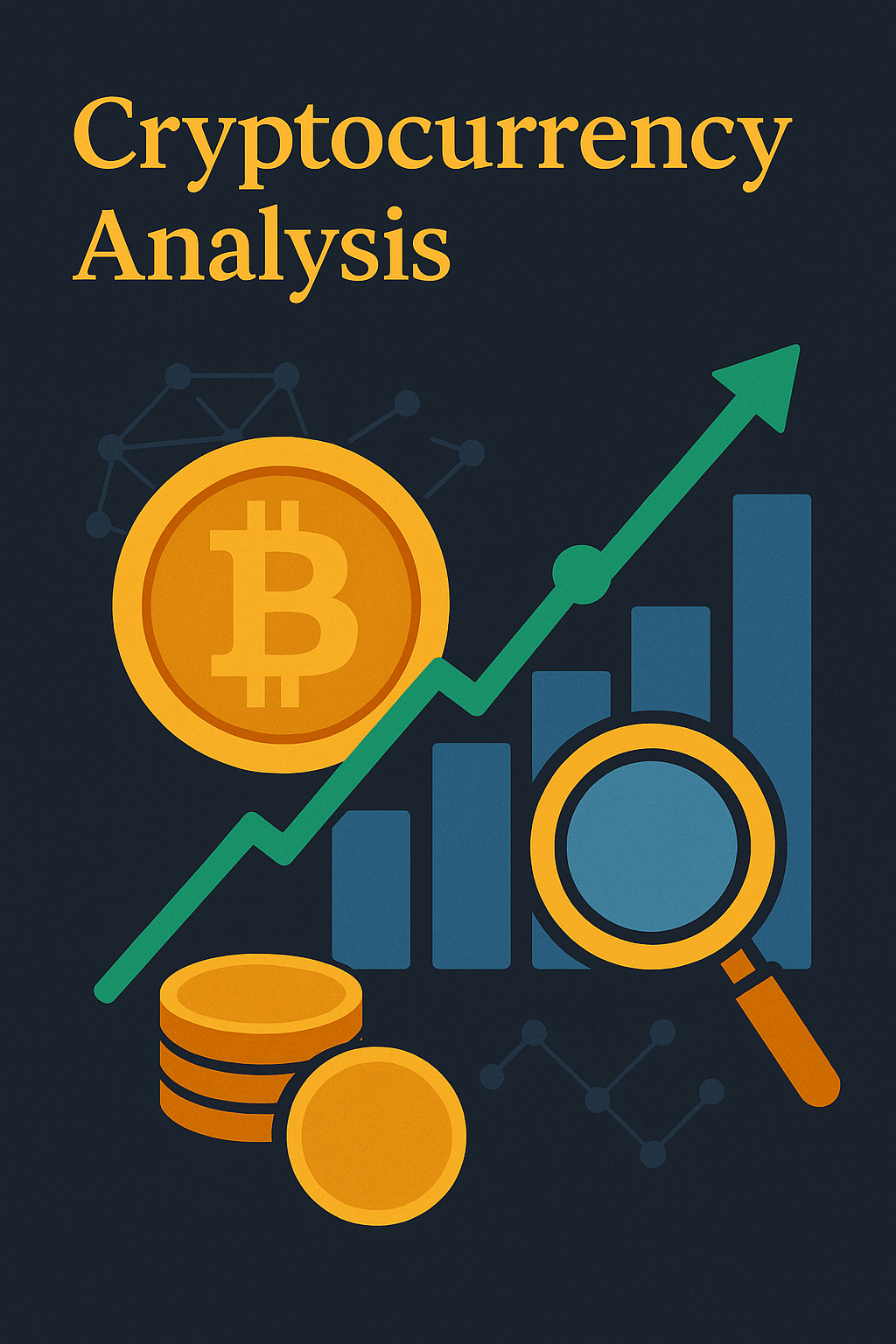Decentralized Finance (DeFi): Revolutionizing Traditional Finance
Decentralized Finance, commonly known as DeFi, is one of the most transformative innovations in the cryptocurrency space. By leveraging blockchain technology, DeFi eliminates traditional financial intermediaries, such as banks and brokers, enabling a peer-to-peer financial system that is open, transparent, and accessible to anyone with an internet connection.
How DeFi Works
DeFi operates through smart contracts on blockchain networks, primarily Ethereum, but also on other emerging blockchains like Binance Smart Chain, Solana, and Avalanche. These smart contracts execute financial transactions automatically without the need for centralized authorities.
Key DeFi services include:
✔ Lending and Borrowing – Platforms like Aave and Compound allow users to lend crypto assets and earn interest or take out loans without credit checks.
✔ Decentralized Exchanges (DEXs) – Exchanges like Uniswap, PancakeSwap, and SushiSwap enable direct token swaps without intermediaries.
✔ Yield Farming and Staking – Users can lock up their crypto in liquidity pools to earn passive income in the form of interest or additional tokens.
✔ Stablecoins – Cryptocurrencies pegged to fiat currencies (e.g., USDT, USDC, DAI) provide stability in the DeFi ecosystem.
Why DeFi is Game-Changing
🚀 Financial Inclusion – Anyone with an internet connection can access financial services, unlike traditional banks that require accounts and approvals.
🚀 Transparency – Transactions are recorded on the blockchain, making them publicly verifiable and reducing fraud.
🚀 Higher Interest Rates – DeFi platforms often provide significantly higher yields than traditional banks.
🚀 24/7 Accessibility – Unlike banks that operate on fixed schedules, DeFi services are available 24/7.
Risks and Challenges
🔴 Smart Contract Vulnerabilities – Bugs in smart contracts can lead to hacking incidents and loss of funds.
🔴 Regulatory Uncertainty – Governments worldwide are still determining how to regulate DeFi.
🔴 Market Volatility – Crypto prices fluctuate wildly, which can impact DeFi investments.
The Future of DeFi
The DeFi industry is continuously evolving, with innovations like Layer-2 scaling solutions, cross-chain interoperability, and institutional DeFi adoption shaping the next phase of decentralized finance. As more users and businesses integrate DeFi into their financial strategies, it has the potential to completely disrupt traditional banking systems and redefine how we handle money.





